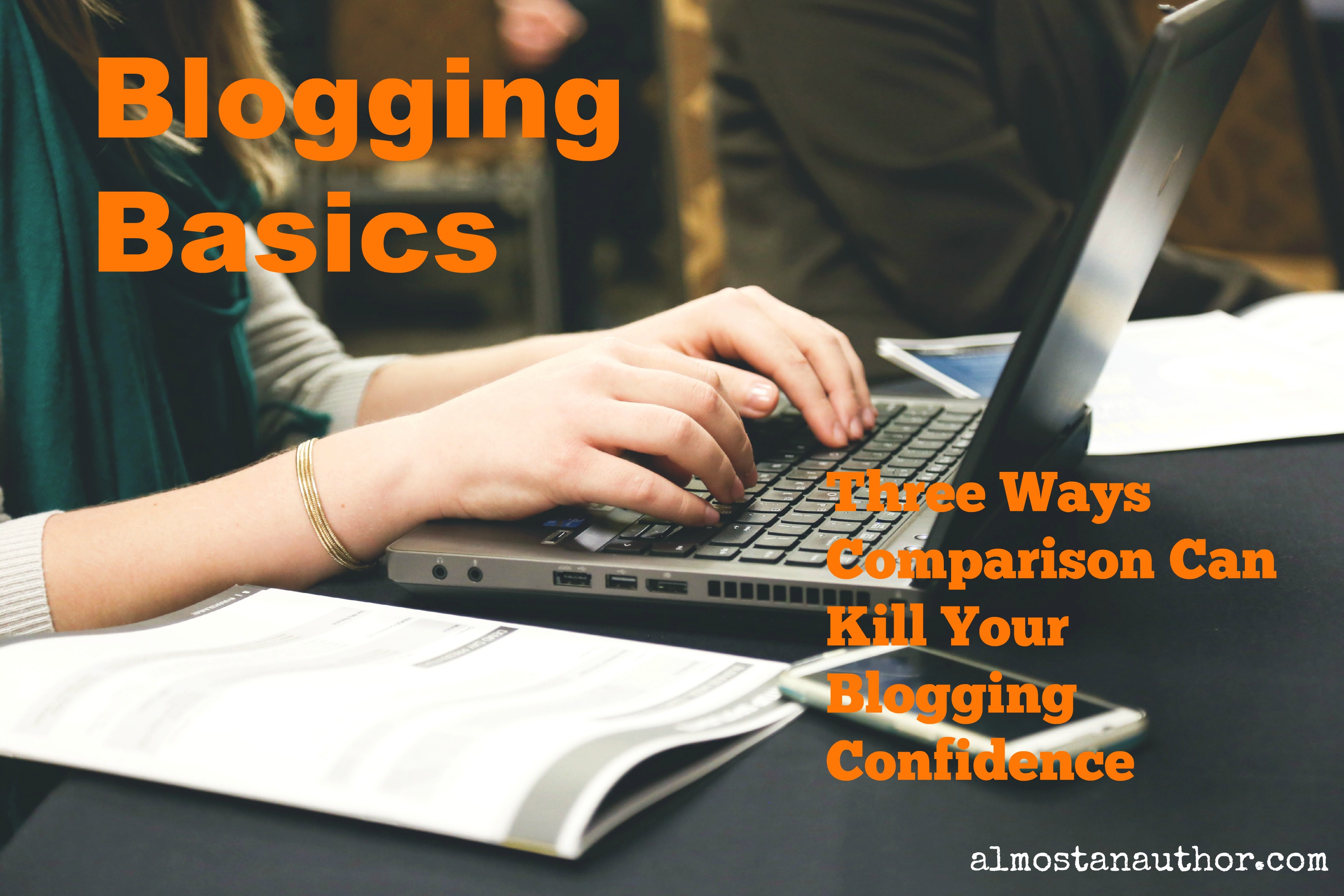
The Comparison Trap: Eight Ways to Avoid It
Sometimes I look at the work of other authors and feel my abilities fall short. It doesn’t matter that…
April 24, 2020
Sometimes I look at the work of other authors and feel my abilities fall short. It doesn’t matter that…
April 24, 2020
As an adult, writing has been a mainstay of my professional career. I majored in journalism, interned at newspapers,…
February 16, 2020
There’s nothing quite like a perfectly ripened pear. Each creamy, sweet, citrusy bite contains the perfect texture and flavor…
November 5, 2019
Particularly for new writers beginning the blogging journey, comparison can kill confidence and create problems. New bloggers often struggle with…
February 16, 2016
Transitions are an important element in our writing. Without them a paragraph can sometimes feel like we are reading…
January 28, 2016
Blogging requires a balanced combination of vision, passion, craft, and energy. Comparison can quickly squelch your energy and derail…
November 30, 2015
Rhetorical questions don’t require (or deserve) an answer. Do they? But how about those rhetorical devices—those figures of speech…
August 29, 2015
Have you ever struggled with blank page disorder? I have. Most writers face this issue at one time or another. Sometimes…
August 15, 2015